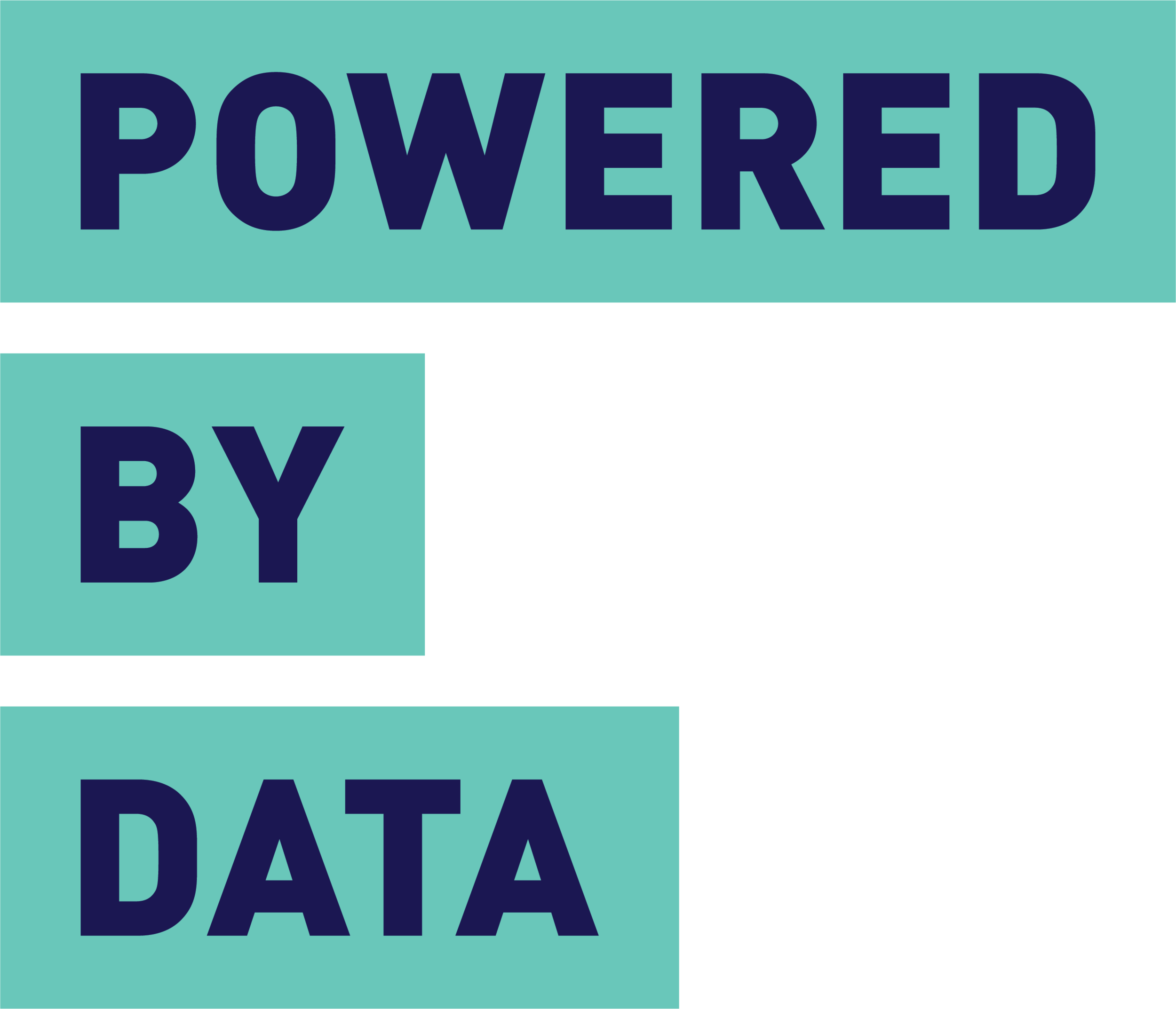The Canada Council and the Benefits of Publishing Open Grant Data
Image via screenshot from the Canada Council for the Arts website.
This past summer, we wrote about the increasing number of funders joining the open data movement by publishing their grant data in an open format. These funders were joining the open data “dance party” started by the Ontario Trillium Foundation and followed by the Canada Council for the Arts.
It’s been almost a year since the Canada Council for the Arts launched their open data pilot project, publishing data about their grants for the 2013 -14 and 2014-15 fiscal years. It was a signifcant contribution — as the Canada Council made more than 6,000 grants in each of those years, which adds up to roughly $145 million in funding being disbursed per year.
There have been many changes at the Canada Council since the publication of their data last year. As part of a broader strategy to benefit from the possibilities of an increasingly digital and changing world, the Council will be moving to a new funding model and new online portal. We are happy to report that alongside those changes, their commitment to open data continues. They just published the data for their 2015-2016 grant recipients.
In a recent blog post about the publication of the new datasets, the Canada Council reflects on their experience over the last year after publishing their grant data as open data. They mention receiving an overwhelmingly positive response and provide examples on how the public has been engaging with their data. These include people creating graphics and charts from the open data files, using the Council’s data to support research on specific disciplines within the arts, and using the data to identify grantees in their local communities.
The Canada Council’s experience is exactly one of the positive outcomes of publishing grant data long highlighted by open data advocates. This benefit is echoed in a recent report by New Philanthropy Capital (NPC): Valuing data: How to use it in your grant-making. The report argues that grantmakers should see their data as a resource that can benefit the broader public:
“Data held by funders is not only relevant to funders — it is also of use to charities, statutory organisations and those with a wider interest in the charity sector. If published as open data ... it can be combined with data from other sources, with huge potential for creativity and innovation in terms of how it is used. Open data is already being used to shape products, services and interventions across different sectors —we are just at the beginning of this journey in the charity sector.”
The report also makes the case for why grantmakers should see their data as a resource that can be used to benefit their organization. These internal benefits are summarized nicely by NPC in a blog post published alongside their report:
Data helps funders better understand their impact, improve their internal processes and learn as the go.
Data allows grantmakers to see patterns and trends, inform their strategy and contribute evidence to support a particular part of the sector.
Data can support collaboration between funders and improve funding application processes.
By accessing open grant data, funders are better to identify the needs in the community or the issue they are funding.
The benefits outlined in NPC’s new report and the positive experience of the Canada Council are a few more reasons why more Canadian grantmakers should be joining the open data movement. If you work with an organization interested in exploring what that process might look like, feel to free to contact us.
Register or find out more about Tranform the Sector - a one-day conference about radically increasing the social sector's impact through its use of digital data

